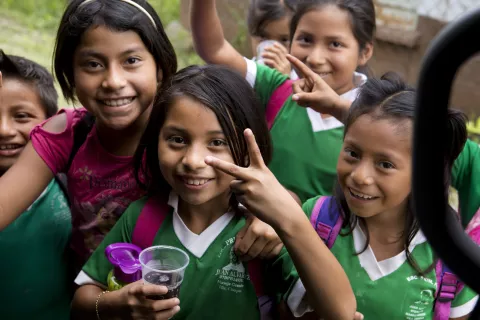Reforming the legislation on the age of marriage
Successful experiences and lessons learned from Latin America and the Caribbean

- Available in:
- Español
- English
Highlights
Joint general recommendation/general comment No. 31 of the Committee on the Elimination of Discrimination against Women and No. 18 of the Committee on the Rights of the Child calls for states to consider that harmful practices are deeply engrained in social attitudes that see women and girls as inferior to men and boys based on stereotypical roles. The Committees highlight the gender dimension of violence and state that sex- or gender-based attitudes and stereotypes, power imbalances, inequalities and discrimination perpetuate the widespread existence of practices that often involve violence or coercion. Furthermore, the Committees draw the attention of States parties to the fact that discrimination due to sex or gender is intertwined with other factors that affect women and girls, particularly those connected with, or appearing to be connected with, disadvantaged groups who are therefore more likely to be the victims of harmful practices.
This Guidance Note has been drawn up in order to inform United Nations personnel, legislators, public policy advisors and civil society organizations about the international human rights standards regarding the obligation of States to raise the minimum age of marriage; examples are provided from various Latin American and Caribbean countries in making national legislation compatible with these standards and recommendations regarding actions and approaches that can result in such processes.





